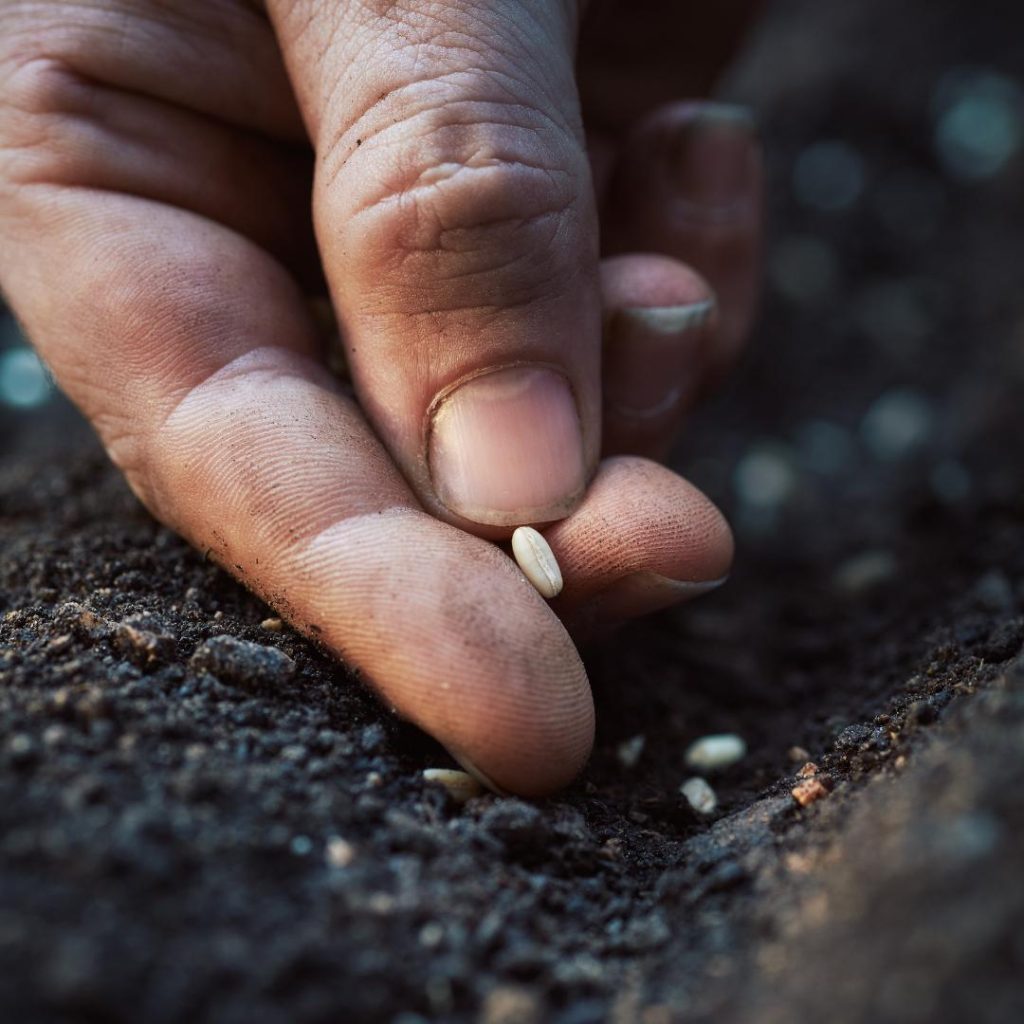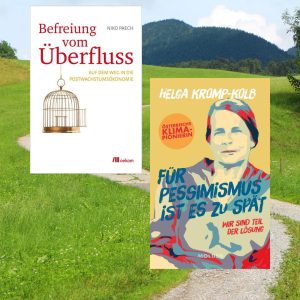Greenpeace: EU seed reform brings small seed producers to their knees - a threat to variety diversity

The environmental protection organization Greenpeace has analysed the draft EU seed reform and warns that the diversity of varieties and small seed producers are at risk. Today, the EU Agriculture Committee is deciding on a reform of seed legislation. Small, local producers would also be obliged to certify and register every seed. This will make it extremely difficult for small Austrian farmers in particular to continue selling their diverse seeds.
The proposal therefore also violates the UN right of farmers to sell and exchange seeds without restriction. MEPs on the EU Parliament's Agriculture Committee must urgently improve the proposal.
Greenpeace agricultural expert Melanie Ebner: "With the EU seed reform, the EU is taking steps backwards. As is so often the case, the main beneficiaries are large agricultural corporations. The new regulation in this form puts obstacles in the way of small producers. The reform would restrict diversity in the field and push back future-oriented seeds. The regulation must be improved for more diversity in the field and for small seed producers.
With the EU seed reform, the EU Parliament is deciding on the preservation of traditional 'old' varieties and therefore a large number of plants. One problem with the controversial reform is that all producers would have to certify and register their seeds before selling them.
This is not a problem for large agricultural companies such as Bayer, but it severely restricts small local producers due to a lot of bureaucracy and enormous costs. The reform makes it practically impossible for small producers to sell diverse, local varieties. The proposal therefore also violates the rights of farmers of the United Nations (UNDROP). Among other things, it states that farmers have the right to exchange and sell seeds without restrictions.
Magdalena Prieler, seed law expert at ARCHE NOAH, says: "ARCHE NOAH demands that the dissemination and sustainable use of crop diversity be explicitly permitted and that all rules that hinder this work be removed from seed law without replacement. The agriculture ministers and the EU Parliament must change course now! We need more diversity in our fields and on our plates to counteract the climate and biodiversity crisis and to produce tasty, healthy food."
At home on the balcony or in the vegetable patch, however, things look better. The Greenpeace market check for seed bags has shown that 90 percent of the selected seed bags are available in organic form. More than half of them come from Austria and all are seed-safe. Seed-resistant organic seeds from Austria are the best choice for growing at home, as the seeds can be propagated for subsequent years. In addition, the seeds for home cultivation also come from small producers in Austria. Organic seeds are good for biodiversity and free from harmful pesticides.
"You can already plant organic seeds on the balcony, on the windowsill or in the garden. Wild bees, butterflies and co. are happy to see a variety of balcony boxes in spring. Varietal diversity must also be protected in agriculture. To achieve this, the controversial seed reform must be improved," says Ebner.






